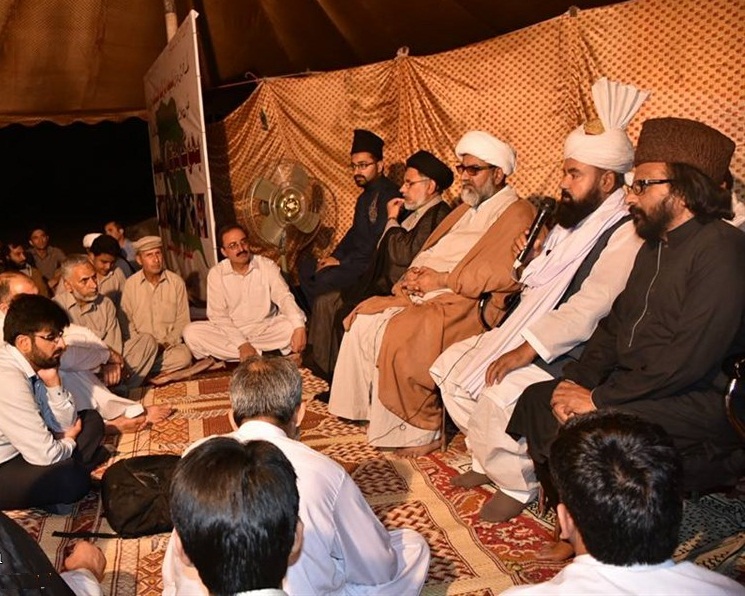
RNA - Provincial police chief Allah Dino Khwaja told Reuters the crackdown was aimed at both Sunni and Shiite seminaries, after at least 10 people were killed in recent attacks.
On Friday, five supporters of Ahle Sunnat Wal Jamaat (ASWJ) were killed in drive-by attacks in Karachi.
On Oct. 29, five members of the Shiite community were shot dead at a religious gathering in the city's North Nazimabad area, an attack claimed by Lashkar-e-Jhangvi al-Alami, one of ASWJ's offshoots.
A security official, speaking on condition of anonymity, said that "dozens" had been arrested in the crackdown.
Over the weekend, three prominent leaders of the Shiite community were picked up by police and paramilitary Rangers for their alleged role in the shootings of the ASWJ men on Friday.
The arrests prompted protests by Shiites in the Malir area of Karachi, where demonstrators blocked a road and were forcibly cleared by police firing tear gas, rubber bullets and automatic weapons.
It was not immediately clear if there were any casualties.
Police also searched the Siddiq-e-Akbar mosque, considered the Karachi headquarters of the ASWJ, on Monday. The group's secretary-general, Taj Hanafi, and 10 other suspects were detained and shifted to an undisclosed location, said a police official, speaking on condition of anonymity.
The ASWJ was officially banned as a terrorist organization in 2012, but its workers continue to operate openly and leaders often hold public gatherings.
Violent crime has dropped significantly in Karachi, a teeming metropolis of more than 18 million people, since the launch of a paramilitary operation three years ago, but targeted attacks are still frequent.
Since 2002, more than 2,500 Shiites have been killed in such attacks, according to data gathered by the South Asia Terrorism Portal.
847/940